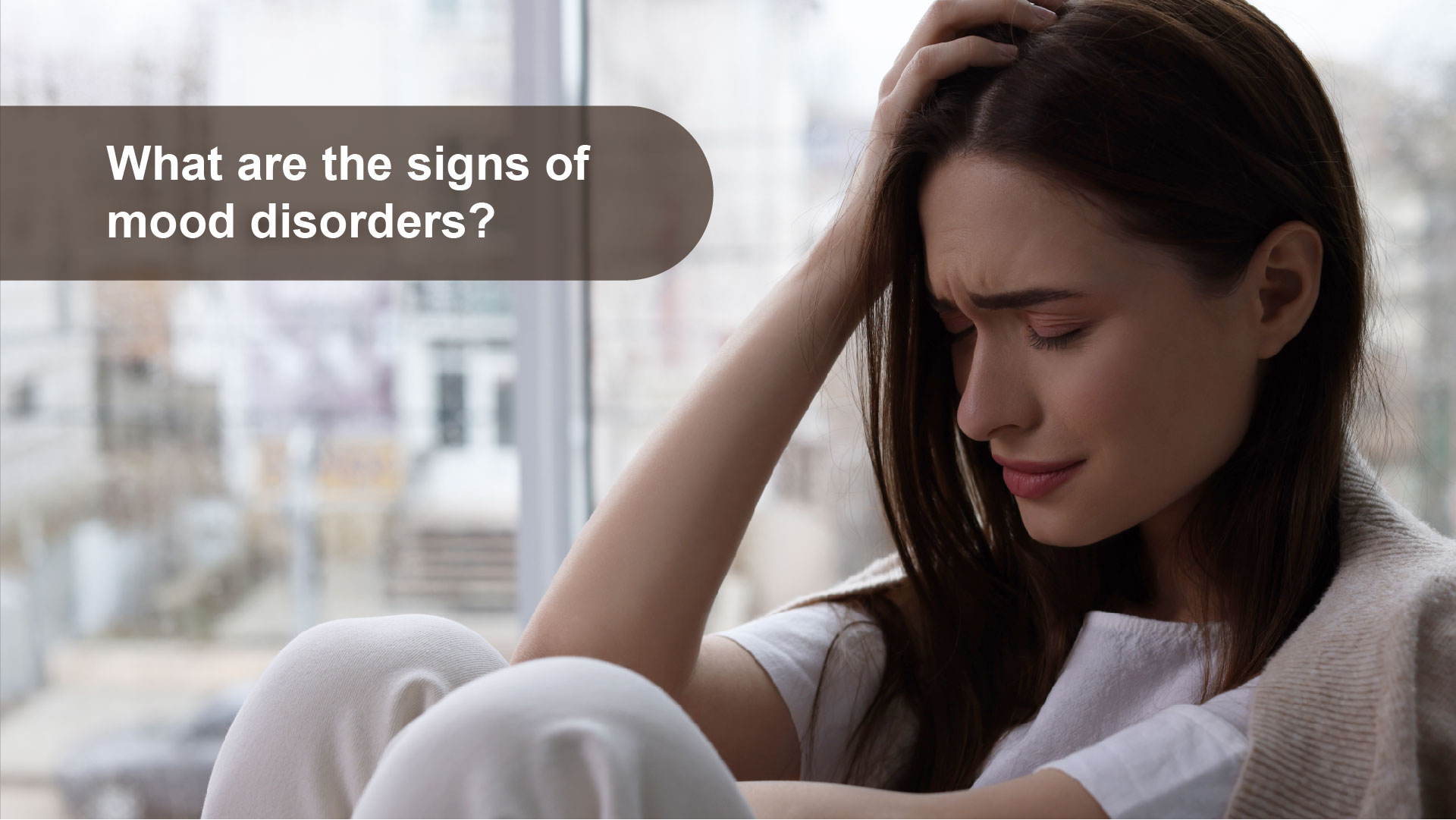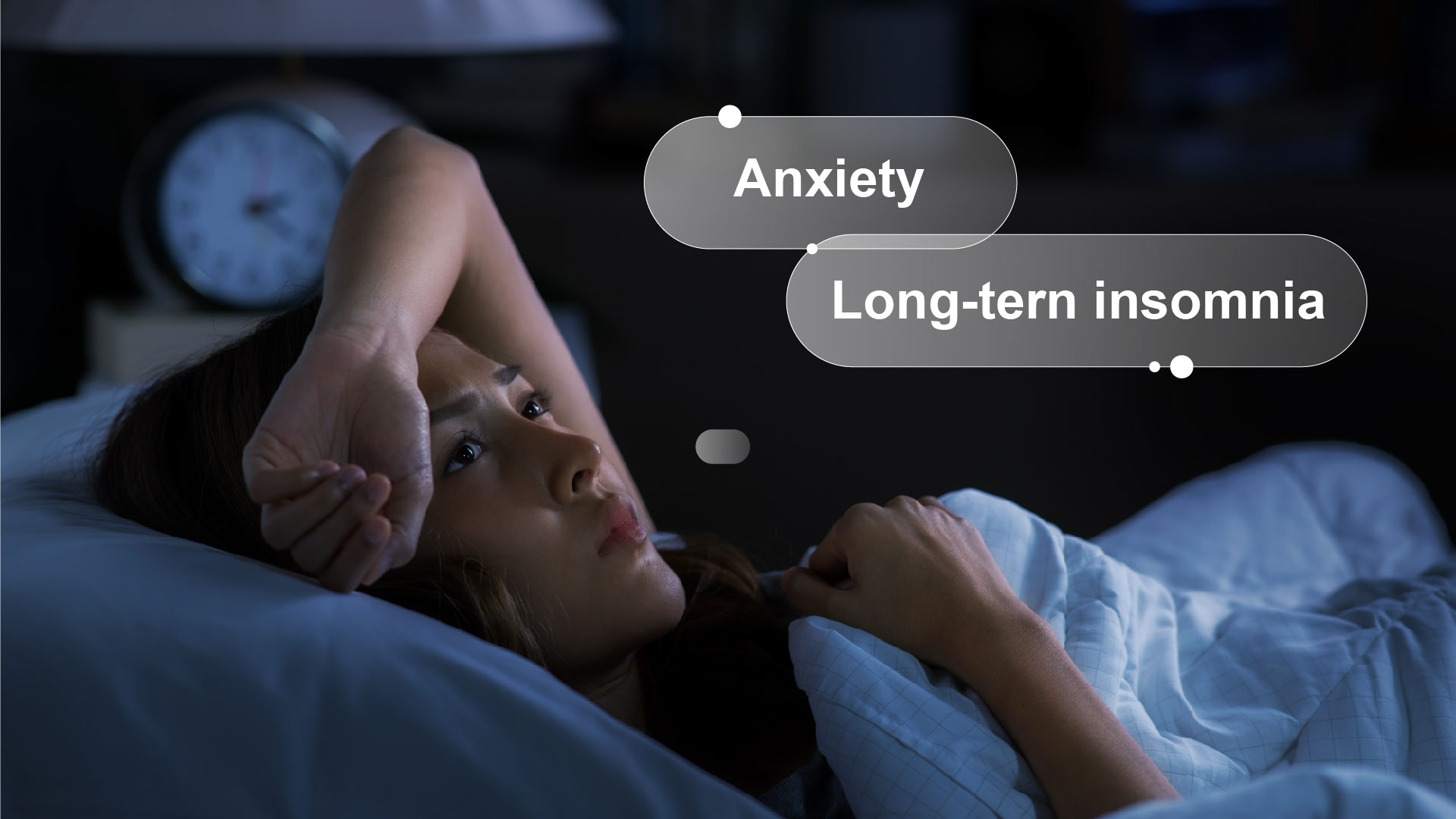Understanding the Signals of Mood Disorders.
Mood disorders are a common mental health problem, but they rarely appear overnight. Signs of mood disorders should not be ignored because they can provide critical information for treatment. Early detection and intervention can help people learn strategies before symptoms worsen, improving their quality of life and even preventing severe depression. Here are some common early signs and warnings of depressive emotions:
-
Emotional Instability:
One of the signs of depressive emotions is emotional instability. You may experience mood swings, feeling low and sad at times, and highly emotional at others. These mood fluctuations can interfere with daily life and make it difficult to cope with stress.
-
Sleep Problems:
Depressive emotions often come with sleep issues. You might have trouble falling asleep, wake up early, or sleep excessively. These sleep problems can reduce your energy levels and further destabilize your emotions.
-
Low Self-esteem:
Another early sign of depression is a decline in self-worth. You may start to view yourself negatively, feeling worthless or helpless, leading to lower self-esteem.
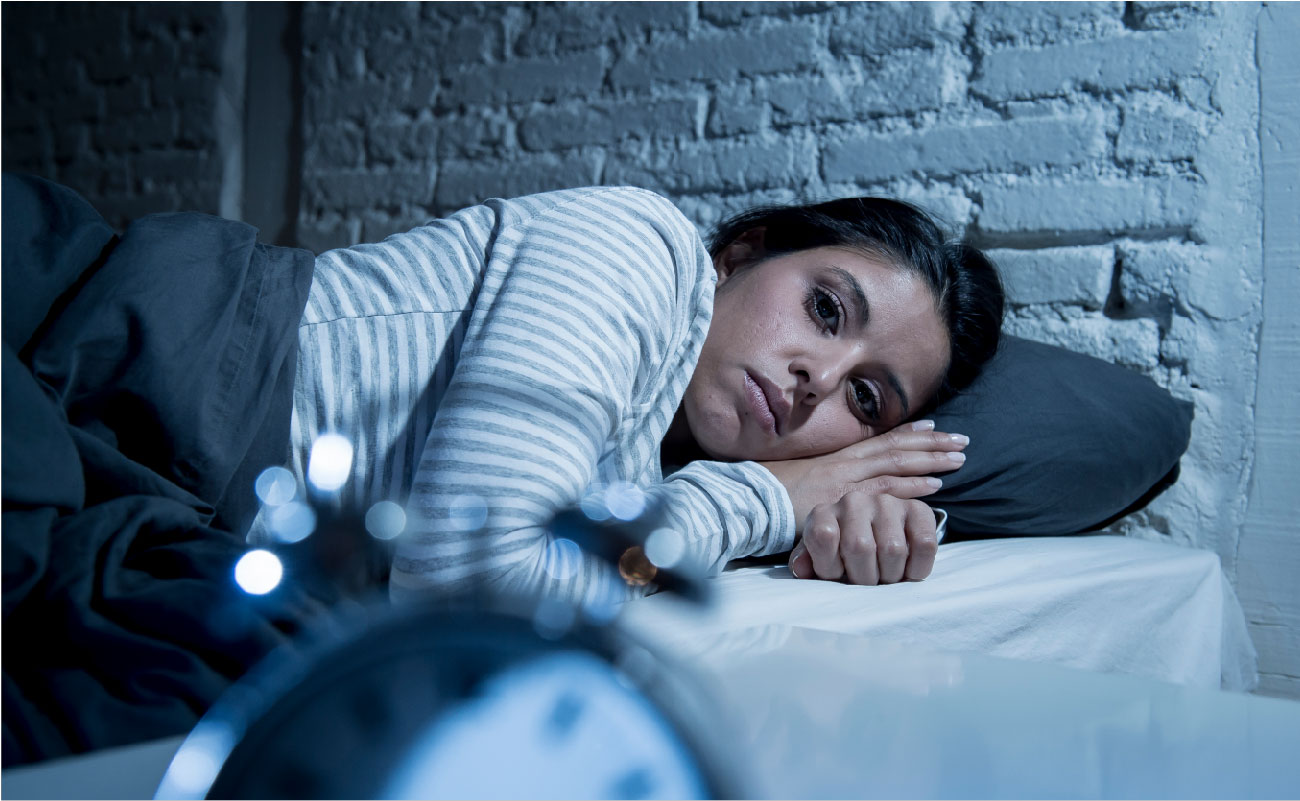
Four Major Signs of Depressive Emotions
Emotional distress:
A typical symptom of depressive emotions is a sustained feeling of sadness, helplessness, and deep sorrow. If you often find yourself in such a state, it may be a significant sign to pay attention to.
Loss of Interest:
Depressive emotions can make you lose motivation for activities you once enjoyed. You might feel no enthusiasm for social activities, hobbies, or work, leading to loneliness and isolation, negatively impacting your life.
Sleep Issues:
Sleep problems are common symptoms of depression. Some people may have difficulty falling asleep, while others may sleep excessively. These issues can affect your daily functioning and increase feelings of depression.
Appetite Changes:
Depressive emotions can lead to changes in appetite, including reduced or excessive eating. This can affect your weight and overall health, worsening the emotional low.
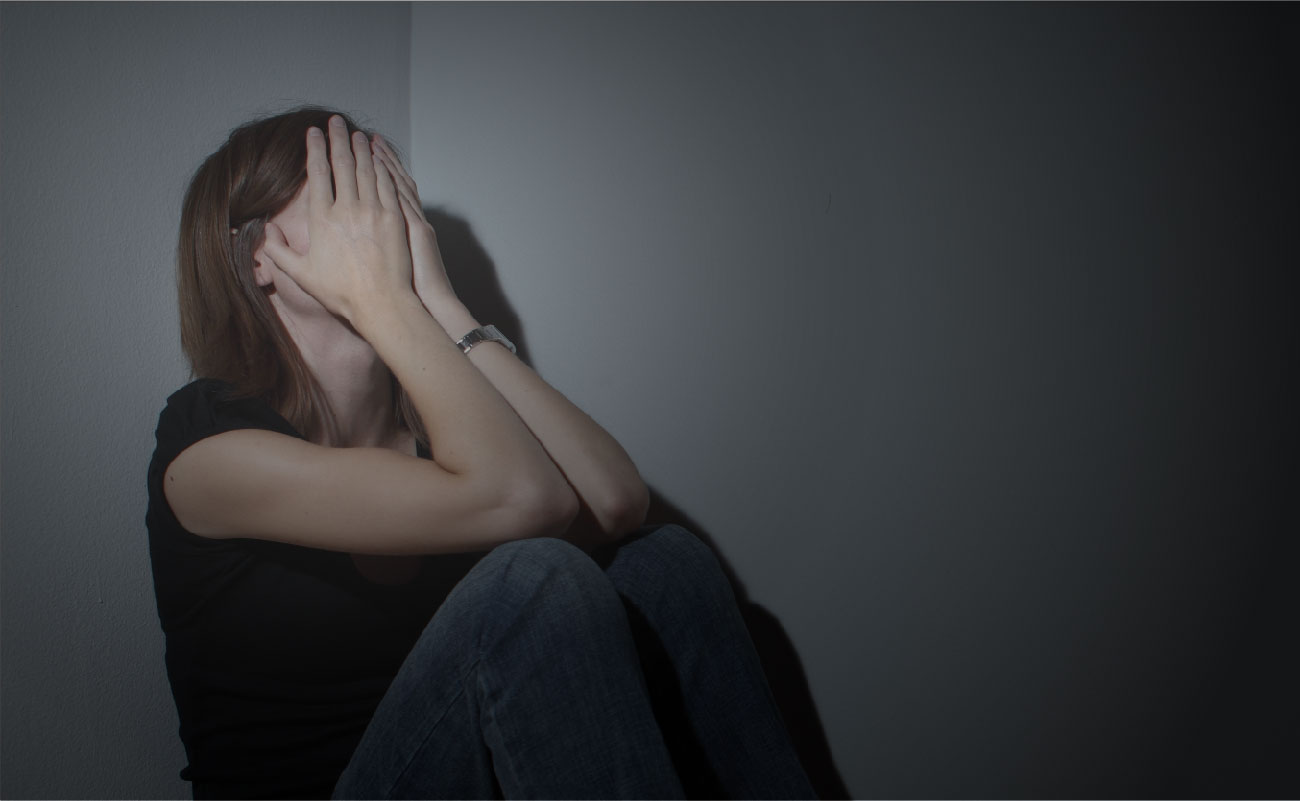
What Do People with Depressive Emotions Think About?
Many people with depression tend to fall into a “negative thinking loop,” where they interpret both their future and past negatively, unable to break the loop. This negative thinking loop is difficult to break, and patients often feel trapped. Studies show that long-term negative thinking can lead to dementia.
The American Psychological Association lists several possible factors contributing to this negative thought cycle:
- Believe they’re gaining insight through it.
- Have a history of trauma.
- Perceive that they face chronic, uncontrollable stressors.
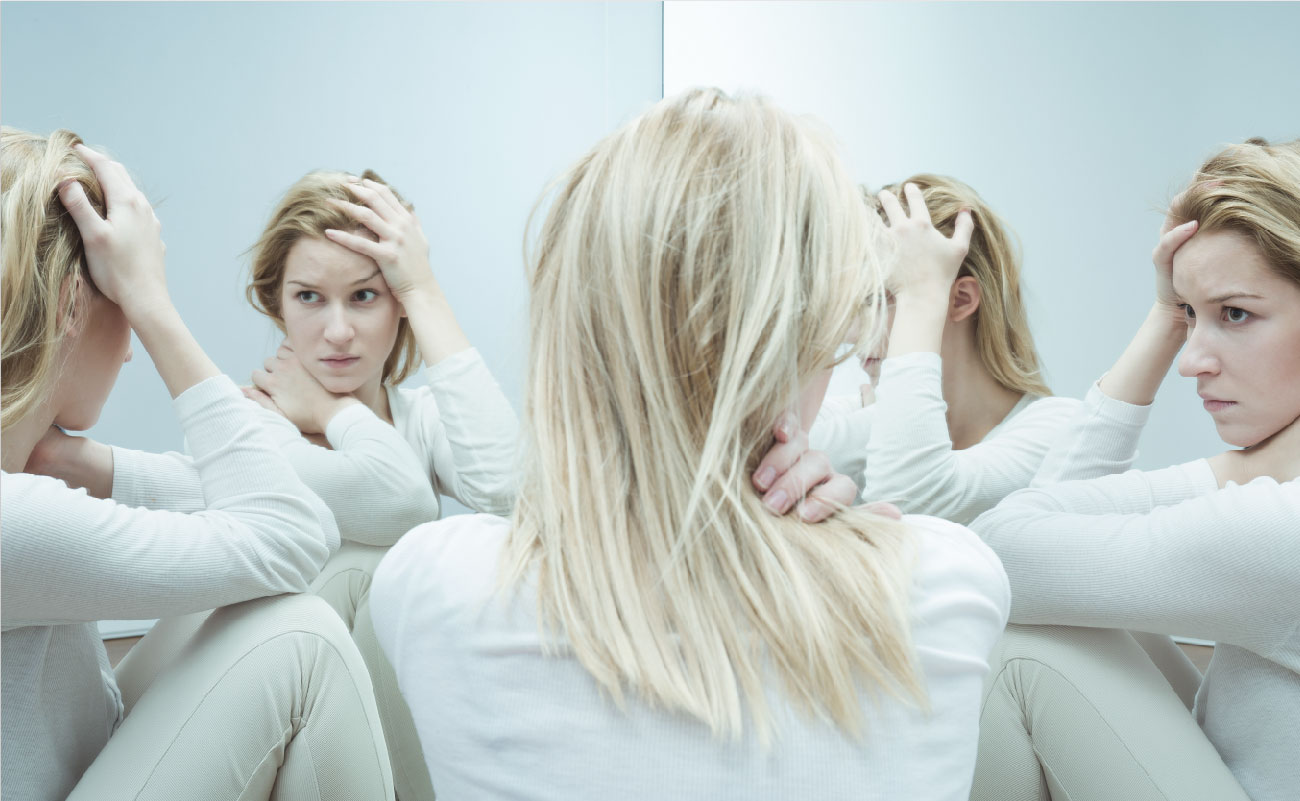
3 Relaxation Methods to Stay Away from Negative Mood
Relax with Scents:
Scientific research has confirmed that the neural areas in the brain responsible for processing smells are closely connected to those controlling emotions. Scents can strongly influence one’s feelings and emotions. Therefore, choosing natural fragrances at home, such as incense, essential oils, or diffusers, can refresh you. For example, jasmine fragrance can promote positive thoughts and help better manage stress, energizing you. Juniper can help maintain optimism, keeping you warm and friendly.
Diaphragmatic Breathing Exercises:
When we feel stressed, our breathing becomes short and irregular. This breathing pattern can imbalance our body’s oxygen and carbon dioxide ratio, leading to physiological signs of tension. Try taking 10 to 15 minutes to quiet yourself in a comfortable place, regulating the frequency and depth of your breathing through breathing exercises, and feel the process of inhaling and exhaling to achieve relaxation.
Talk About Your Feelings and Difficulties:
Talking about your feelings and difficulties does not mean you are weak. Others can provide practical help or advice and mental encouragement. When facing unfair situations, muster the courage to express your feelings and demands.

Serotisol® Restore Can Help with Mood Disorders<
Serotisol® Restore is a natural herbal formula designed for those under chronic severe stress and depression. It contains three natural herbal ingredients to bring warmth and peace to your inner self. Griffonia seed is rich in 5-hydroxytryptophan (5-HTP), widely recognized as a practical aid for depressive emotions and sleep difficulties. Holy basil, rich in tannic acid, gently regulates your neurotransmitters, restoring calm and relieving stress. Bacopa provides a gentle balance for emotional fluctuations, helping you find inner peace again.
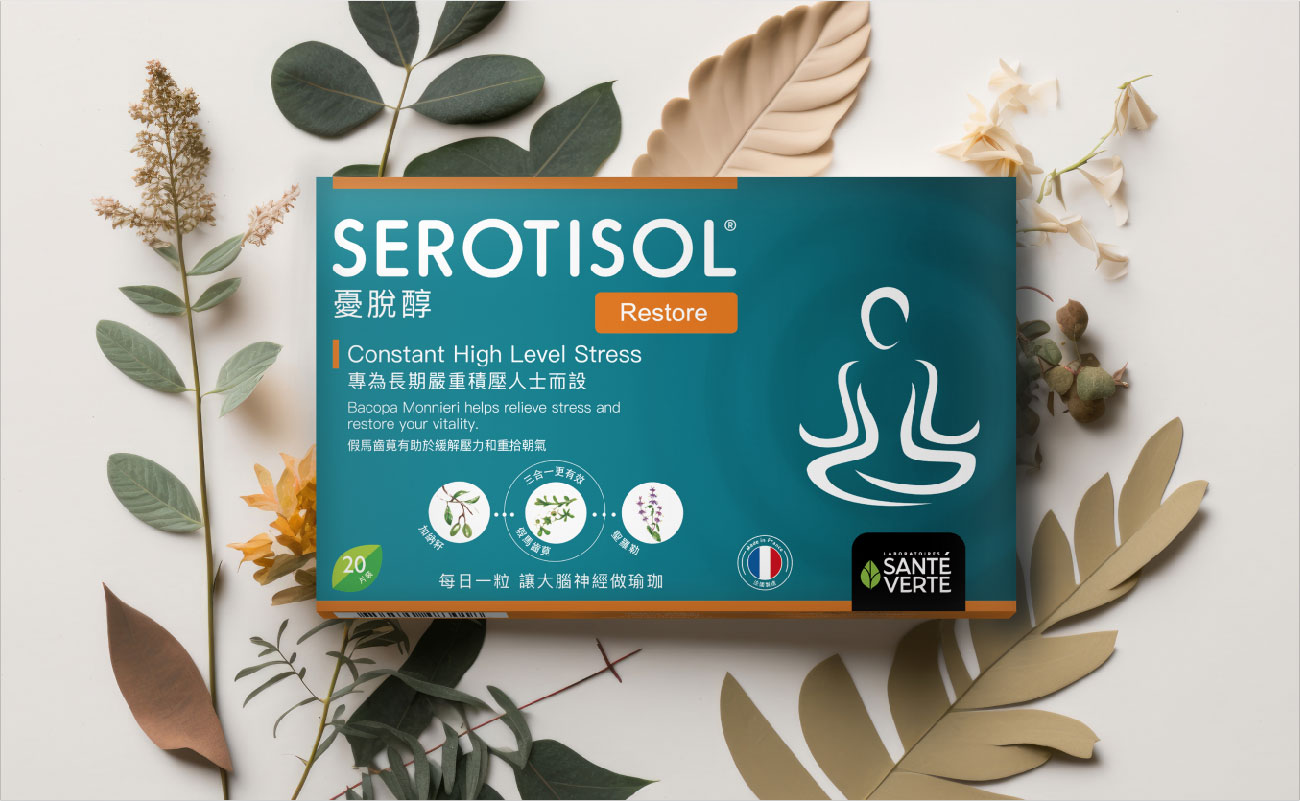
*Liability Disclaimer: Reich Pharm does not provide medical advice, diagnosis, or treatment.
*Friendly reminder: Consult your healthcare provider or pharmacist for advice before using this product if you are:
1. Pregnant or breastfeeding.
2. Infants or children.
